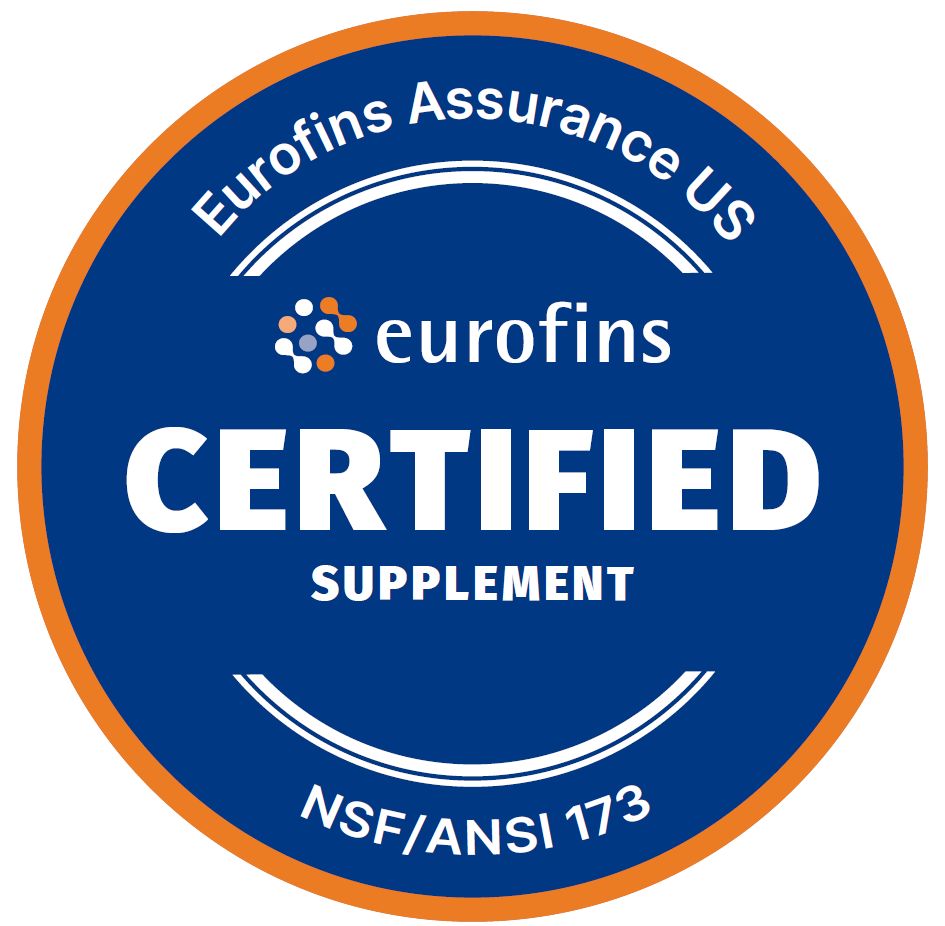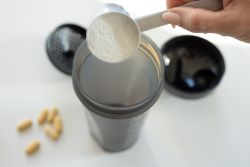Douglas L. Marshall


Douglas L. Marshall, PhD, CFS
Dr. Marshall is Chief Scientific Officer with Eurofins Microbiology Laboratories, Inc., a division of the global life sciences company Eurofins Scientific. He is co-founder and Director of the Food Safety Institute, LLC, an integrated consulting and analytical services company affiliated with the Eurofins network of companies. He is Technical Director for the Refrigerated Foods Association and Microbiology Task Force Chair for the American Spice Trade Association. His former positions include the following:
- Associate Dean and Professor of Public Health, College of Natural and Health Sciences, University of Northern Colorado
- Adjunct Professor with the Colorado School of Public Health and Colorado State University
- Professor of Food Science, Nutrition, and Health Promotion at Mississippi State University
- Assistant Professor of Food Science at Louisiana State University
- Contributing Editor for the peer-reviewed scientific journal Food Microbiology
- Four consecutive terms on the editorial board of the Journal of Food Protection
He is a frequent volunteer and consultant to trade associations, NIH, WHO, FAO, USDA, and other government agencies and private companies. His research and expertise has been featured in popular press venues such as Consumer’s Reports, Fine Cooking, USA Today, Fitness, Health, Men’s Health, Chemtech, Nature Science Updates, and ASM Journal Highlights. He is a frequently invited speaker and a prolific book chapter writer. With over 250 publications, over 300 invited presentations, and over 100 workshops delivered, his scientific research and outreach interests focus on improving the microbiological quality and safety of foods, with emphasis on meat, poultry, seafoods, and produce. Among these was the completion of the 4 volume Handbook of Food Science, Technology, and Engineering, which he Co-Edited. He has been the recipient of a number of awards for his scholarly efforts including the Mississippi Chemical Corporation Award of Excellence for Outstanding Work, the International Association for Food Protection Educator and Harold Barnum Industry Awards. He is a Fellow and former member of the Board of Directors of the Institute of Food Technologists, inaugural Chair of the International Food Science Certification Commission, and former member of the Board of Directors of the American Spice Trade Association.
On a personal note, early in his career he served as a deck hand on an Alaskan fishing vessel (well before Deadliest Catch) and prefers to spend his free time lost on a trail in the Colorado Rocky Mountains.









